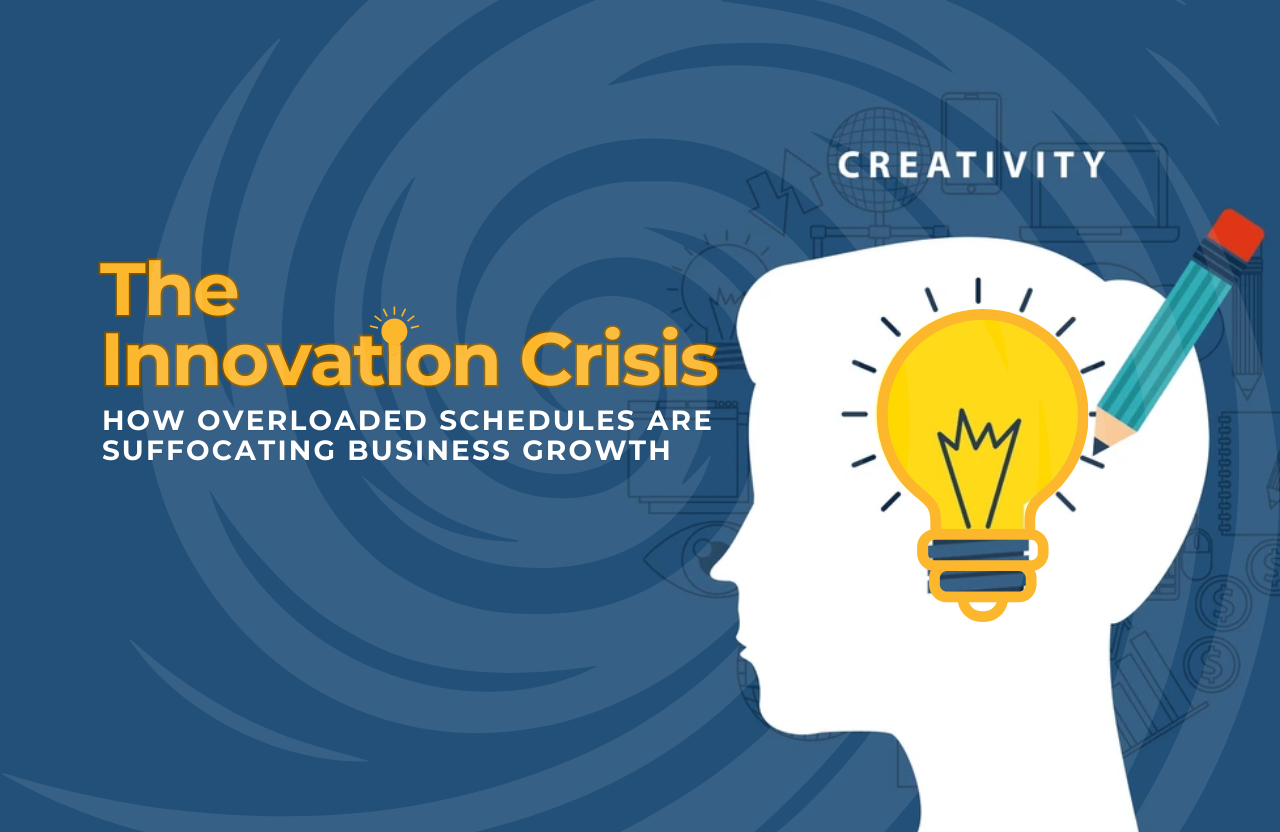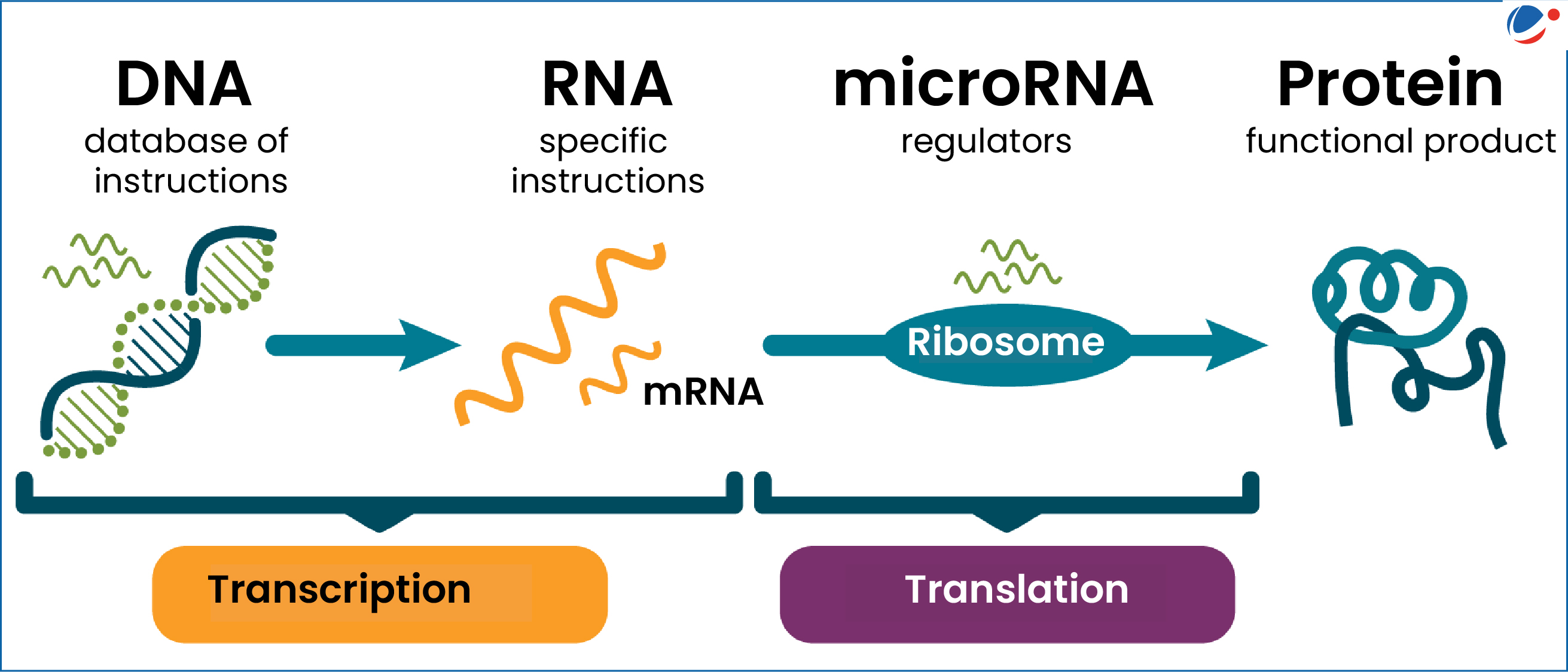Bill Gates AI: Insights from His New Memoir
Bill Gates AI has become a focal point of conversation, especially as the tech pioneer shares insights from his memoir, “Source Code.” In this compelling narrative, Gates reflects on his journey from a curious child in suburban Seattle to the architect behind Microsoft’s groundbreaking innovations. He discusses the evolving landscape of artificial intelligence, and how it intertwines with our daily lives, while offering views that bridge his experiences in Microsoft history with modern advances. Gates emphasizes the role of curiosity in education, urging future generations to embrace the challenges posed by rapidly advancing technology. As he navigates the delicate balance of excitement and apprehension surrounding AI, it is clear that his insights can shape the way we conceive of and interact with this powerful force in our society.
The discussion around the implications of artificial intelligence has gained prominence, with Bill Gates at the helm, sharing valuable insights from his latest memoir. This narrative not only encapsulates Gates’ storied history with Microsoft but also explores his reflections on how emerging technologies, like AI, offer both opportunities and challenges. Gates delves into the importance of fostering curiosity in educational settings, advocating for a mindset that encourages exploration and innovation. As a pioneer in the tech industry, he provides a unique perspective that connects his past experiences to the current trends in technology. By examining the potentials of AI, Gates urges society to navigate these advancements thoughtfully and responsibly.
Bill Gates’ Insights on AI and its Impact
In his recent appearances, Bill Gates has candidly expressed his mixed feelings about the rapid evolution of artificial intelligence. While he acknowledges the phenomenal potential of AI to revolutionize fields such as medicine and education, he also points out the inherent risks that come with such advancements. Gates emphasizes the significance of balancing innovation with responsibility, promoting a future where the benefits of this powerful technology are shared broadly across society. His belief is that as AI continues to evolve, so must our ethical frameworks surrounding its use, ensuring that it serves humanity’s best interests.
Gates’ perspective on AI is particularly relevant in the context of his new memoir, ‘Source Code,’ where he reflects on the evolution of technology over his lifetime. By sharing his narrative of growing up amidst the burgeoning tech scene, Gates contextualizes today’s AI advancements against the backdrop of his experiences at Microsoft. He urges future innovators to embrace curiosity in education, much like he did during his formative years, advocating for a generation that is not just consumers of technology, but active participants in shaping its trajectory.
Lessons from Bill Gates’ Memoir: Curiosity in Education
One of the critical themes presented in Bill Gates’ memoir, ‘Source Code,’ is the value of curiosity in education. Gates recounts his own journey through the educational landscape, emphasizing how an inquisitive mind led to his groundbreaking contributions to technology. He believes that allowing students to explore their interests and take risks, much like he did at Harvard, can unleash creativity and drive innovation. This belief aligns with current educational philosophies that prioritize student-led learning and experiential education.
Gates stresses the importance of creating environments where intellectual curiosity is encouraged, and students feel empowered to pursue their passions. This approach not only cultivates future leaders in technology and beyond but also prepares individuals to adapt to the ever-changing demands of the job market. His insights serve as a reminder that education is not merely about accumulating knowledge but igniting a lifelong love of learning that can inspire the next generation of innovators.
The Evolution of Microsoft: A Tech Pioneer’s Journey
Bill Gates’ journey from a college dropout to co-founding Microsoft highlights the dynamic history of technology that reshaped the world. In ‘Source Code,’ he narrates pivotal moments that led to creating a company that would revolutionize personal computing. Gates’ reflections reveal how his early experiences, such as programming at a young age and his collaboration with Paul Allen, laid the foundation for building one of the most successful tech companies in history. Their combined vision not only spurred innovation but also catalyzed a cultural shift in how society interacts with technology.
As Gates charts the founding of Microsoft, he emphasizes the importance of teamwork and passion in fostering innovation. The early days of the company were filled with challenges, yet the commitment to creating products like Windows and Office turned those challenges into opportunities. Gates’ insights into the rigors and triumphs of building a tech giant offer valuable lessons for aspiring entrepreneurs and those interested in the broader implications of technological advancements on society.
Reflections on Education and Innovation from Bill Gates
Bill Gates notes that education is a cornerstone of innovation, echoing his beliefs in ‘Source Code.’ He stresses that curiosity should be at the heart of learning, as it drives children to experiment, explore, and ultimately excel. Early in his memoir, Gates shares anecdotes from his childhood, illustrating how his parents nurtured an environment of inquiry, pushing him to engage deeply with the subjects he was passionate about. He believes that cultivating curiosity in education is essential for preparing students to meet future challenges, especially in rapidly evolving fields like technology.
Gates’ advocacy for curiosity is particularly aligned with modern educational practices that encourage problem-solving and critical thinking skills. Through his philanthropic efforts, he focuses on bridging educational gaps and supporting initiatives that allow young people to thrive. His commitment to curiosity-driven learning serves as a powerful reminder that education is not just about rote memorization, but about inspiring generations to innovate and create a better world.
Bill Gates and the Future of Technology: A Cautious Optimism
During his discussions about technology at Harvard, Bill Gates expressed cautious optimism regarding the future of innovations, particularly artificial intelligence. He recognizes the transformative potential AI holds in various fields, from healthcare to education, while also voicing concerns over ethical implications and the pace of advancement. Gates cites the importance of developing frameworks and regulations to ensure AI technology aligns with humanity’s values and serves the common good.
As a tech pioneer, Gates encourages a reflective approach to integrating new technologies. He recalls earlier times when inventions were met with enthusiasm and anticipation rather than suspicion; he hopes for a revival of that techno-optimism. Gates believes that with smart deployment and public dialogue, AI can enhance productivity and foster significant improvements in our daily lives. His dual perspective serves as a call for both innovation and vigilance in technology’s deployment.
Navigating Ethical Concerns in Technology with Bill Gates
As discussions around artificial intelligence become increasingly prominent, Bill Gates emphasizes the importance of addressing ethical concerns that accompany technological advancements. He believesAI should be developed responsibly, considering the social implications of its deployment. Gates advocates for a collaborative approach involving governments, tech companies, and community leaders to shape policies that guide AI implementation while prioritizing public welfare.
In his memoir, Gates recalls moments from his career when ethical considerations were at the forefront, particularly in product development at Microsoft. He urges tech creators to think critically about the societal effects of their innovations, fostering a culture of accountability within the industry. Gates’ reflections highlight the collaborative efforts needed to harness technology’s potential while safeguarding against its risks, promoting a future where technology enhances lives across the globe.
The Role of Curiosity in Bill Gates’ Life and Career
Curiosity played a significant role in shaping Bill Gates’ career as a tech leader and philanthropist. In ‘Source Code,’ he articulates how his insatiable desire to learn and explore propelled him through the challenges of founding Microsoft. Gates reminisces about his formative years, where his thirst for knowledge led him to engage with mathematics and programming early on. This innate curiosity paved the way for his groundbreaking innovations in personal computing and his later contributions to global health and education through philanthropy.
Gates encourages emerging leaders to embrace curiosity as the driving force behind innovation. He believes that fostering an environment that valorizes inquisitiveness allows individuals to tackle real-world problems in creative ways. His career and philanthropic initiatives reflect his commitment to inspiring others to pursue knowledge, encouraging a mindset that champions exploration and experimentation in all fields, particularly tech.
Microsoft’s Legacy: Bill Gates’ Reflections on His Journey
In ‘Source Code,’ Bill Gates reflects deeply on the legacy of Microsoft and its profound impact on the technology landscape. He shares personal anecdotes from the company’s inception to its global success, highlighting the collaborative effort and innovative spirit that defined Microsoft’s growth. Gates discusses the transition from a small startup to a tech giant, underscoring the pivotal moments that shaped the industry, including partnerships that facilitated Microsoft’s dominance in software.
Gates’ reflections also touch on the responsibilities that came with such success. As a leader in the tech space, he faced dilemmas that forced him to consider the ethical implications of his work. He ultimately advocates for a balanced approach to innovation, urging future entrepreneurs to learn from past mistakes while championing creativity and social responsibility in their endeavors.
Bill Gates on the Importance of Lifelong Learning in a Tech-Driven World
Bill Gates emphasizes that in an increasingly tech-driven world, the concept of lifelong learning is more crucial than ever. In his memoir, he illustrates how his own commitment to learning has enabled him to navigate the rapid changes in the technology landscape. Gates stresses that even after stepping back from daily operations at Microsoft, he continued to expand his knowledge through reading and staying abreast of technological advancements.
Gates advocates for a culture of continuous education, particularly within the tech industry, as a means to foster adaptability and resilience. He believes that by prioritizing lifelong learning, individuals can prepare themselves for the inevitable shifts in technology and society, ensuring they remain relevant and impactful contributors to their fields. His emphasis on ongoing education serves as a guiding principle for future innovators eager to make a mark in an ever-evolving world.
Frequently Asked Questions
What insights does Bill Gates share about artificial intelligence in his memoir?
In his memoir ‘Source Code,’ Bill Gates discusses the revolutionary impact of artificial intelligence (AI) on various sectors such as healthcare and education. He expresses optimism about AI alleviating shortages in these fields, although he acknowledges that the rapid advancement of AI technologies can also be daunting. Gates emphasizes the importance of curiosity and exploration in understanding and harnessing AI effectively.
How does Bill Gates connect his early experiences with tech to his views on AI?
Bill Gates reflects on his journey from a curious child experimenting with programming to a tech pioneer founding Microsoft. In ‘Source Code,’ he links this curiosity to his views on artificial intelligence, suggesting that the same inquisitive spirit that drove him to innovate in computing is essential for navigating the complexities of AI. His history with Microsoft serves as a backdrop for his insights on the responsible development of AI technologies.
What are Bill Gates’ thoughts on the impact of technology on young people today?
During discussions about technology’s impact on youth, Bill Gates acknowledges concerns about technology’s overwhelming influence on young lives. He draws parallels to previous generations, stating that anything can be taken to excess. Gates emphasizes the importance of moderation and parental guidance, sharing that he limited his daughter’s smartphone access to encourage a balanced upbringing, despite his role as a tech pioneer.
How does Bill Gates approach the topic of curiosity in education in relation to AI?
In ‘Source Code,’ Bill Gates highlights curiosity as a vital component of education. He believes that allowing children to explore new technologies, including artificial intelligence, fosters creativity and innovation. Gates argues that curiosity should be nurtured in educational settings to prepare future generations for a tech-driven world where AI plays a significant role.
What historical context does Gates provide about Microsoft’s founding and the evolution of AI?
Bill Gates recounts the founding of Microsoft in the context of early personal computing innovations, such as the Intel 4004 microprocessor, which set the stage for future advancements in technology, including artificial intelligence. His narrative illustrates how the vision for personal computing has grown, ultimately leading to the AI developments we see today.
What challenges does Bill Gates see ahead for artificial intelligence?
While Bill Gates sees immense potential in artificial intelligence, he also identifies challenges associated with its rapid development. He reflects on the necessity for ethical considerations in AI and the need for regulatory frameworks to manage its impact on society, particularly in education and healthcare, where he feels AI can bring significant benefits.
| Key Topic | Details |
|---|---|
| Bill Gates and AI | Gates acknowledges AI’s rapid advancement and expresses concerns about its implications. |
| Personal Background | Gates shares his challenging school experiences and eventual success in tech, underlining the impact of curiosity. |
| Harvard Experience | Despite being a math prodigy, Gates found peers who were more skilled, fostering humility and resilience. |
| Microsoft’s Origin | Gates dropped out of Harvard to co-found Microsoft after being inspired by the rise of personal computers. |
| Modern Technology Concerns | Gates reflects on how technology impacts youth, stressing the importance of moderation. |
| Philosophy on Curiosity | Gates emphasizes the value of allowing children to explore and engage with new ideas. |
Summary
Bill Gates AI highlights the fascinating intersection of technology and personal narrative in Gates’ memoir. His reflections on curiosity, education, and the evolution of software at Microsoft provide valuable insights into his mindset. Gates acknowledges both the promising potentials and the frightening aspects of artificial intelligence, emphasizing the need for responsible engagement with this rapidly advancing technology. His belief in the positive impact of curiosity and exploration remains a significant theme, encouraging young minds to innovate while being mindful of the challenges posed by modern tech.









